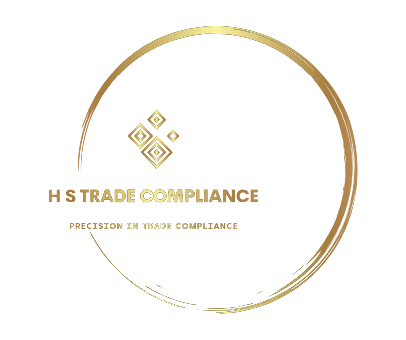Key Regulations and Trade Compliance Essentials
In the intricate world of international trade, adherence to key regulations is paramount for businesses aiming to expand their horizons beyond borders. The global marketplace offers immense opportunities, but it also comes with a complex web of trade laws and regulations that must be navigated diligently. Understanding and complying with these regulations is not just a legal requirement; it's a vital component of successful global trade operations. In this blog post, we will delve into the essential regulations and trade compliance essentials that every business involved in international trade should be well-versed in.
The Foundation: Understanding Trade Compliance
Trade compliance refers to the process of adhering to government rules and regulations that govern the import and export of goods and services. These regulations are put in place to ensure security, safety, and fairness in international trade. While the specifics can vary from one country to another, several universal principles and regulations form the foundation of trade compliance. Let's explore some of the key aspects:
1. Customs Regulations
Customs regulations are a fundamental part of trade compliance. They determine how goods cross international borders, including requirements for documentation, duties, and taxes. Importers and exporters must be well-informed about the customs regulations in both their home country and the destination country.
2. Export Control Laws
Export control laws restrict the export of certain goods, services, and technology that can be used for military, security, or other strategic purposes. These regulations are in place to protect national security and prevent the proliferation of sensitive technology.
3. Sanctions and Embargoes
Sanctions and embargoes are trade restrictions imposed on specific countries or entities for various reasons, including political, humanitarian, and security concerns. Businesses must ensure they are not engaged in prohibited transactions with sanctioned parties.
4. Trade Agreements
International trade agreements, such as free trade agreements, define the terms and conditions for trade between participating countries. Understanding these agreements can provide businesses with opportunities for reduced tariffs and increased market access.
Trade Compliance Essentials
Navigating the labyrinth of trade regulations can be a daunting task, but there are several trade compliance essentials that can help businesses maintain compliance while conducting international trade:
1. Documentation Accuracy
Proper documentation is the cornerstone of trade compliance. This includes bills of lading, invoices, export licenses, and other essential paperwork. Accuracy and completeness are critical to prevent delays and compliance issues.
2. Internal Controls
Establishing robust internal controls is essential for ensuring compliance. This includes clear procedures for screening business partners, conducting due diligence, and maintaining records.
3. Compliance Training
Ensuring that your team is well-trained in trade compliance is vital. Regular training programs can keep employees informed about the latest regulations and best practices.
4. Technology Solutions
Leveraging technology can simplify trade compliance. Trade compliance software and automated systems can help with screening partners, managing documentation, and staying updated on regulatory changes.
5. Consulting Experts
Seeking the expertise of trade compliance professionals can be invaluable. These experts can provide guidance, conduct compliance audits, and offer solutions to specific compliance challenges.
Conclusion
Trade compliance is not an option; it's a necessity for businesses engaged in international trade. Understanding the key regulations and trade compliance essentials is the first step towards smooth and successful global trade operations. By staying informed, implementing best practices, and seeking expert guidance when needed, businesses can ensure compliance and thrive in the dynamic world of international trade. Remember, compliance is not just a legal requirement; it's a strategic advantage in today's global marketplace.

